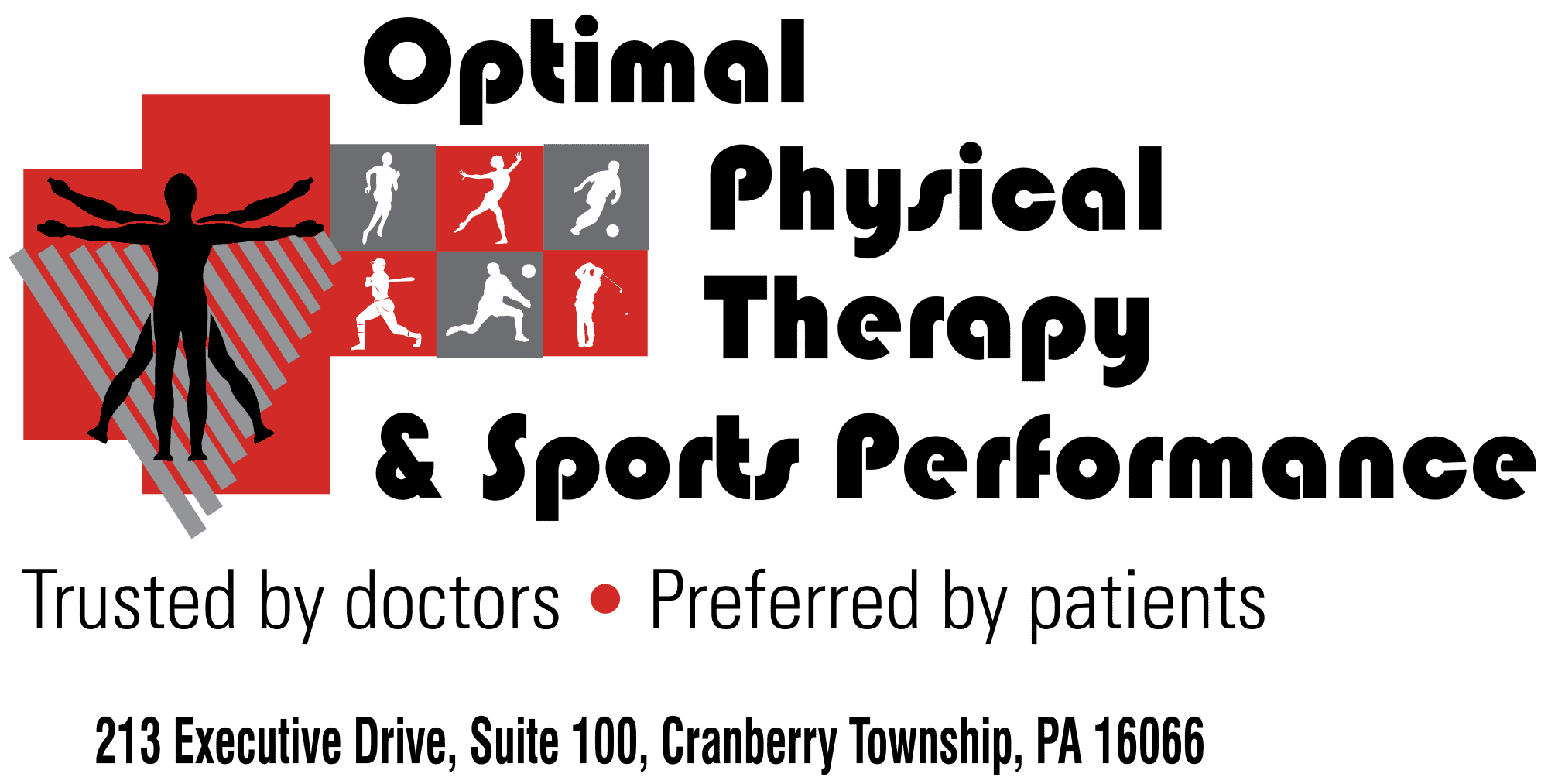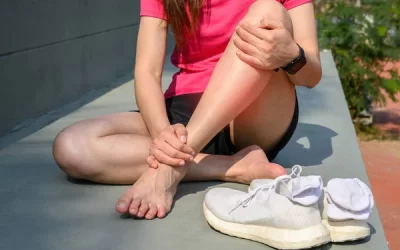Starting a New Year exercise routine? Do not forget to proper hydrate!
About two thirds of an average adult’s weight is made up of water. Fluids are essential to so many body functions including gut health and motility, temperature regulation, joint movement and transport of oxygen throughout the body. Did you know that if you feel thirsty, your body is already dehydrated? Maintaining fluid levels is critical to any exercise routine.
Here are some tips to help you:
Load up before you begin! Drink 1-2 cups of water 30 minutes before starting exercise
Maintain your levels. Drink .5-1 cup of water for every 15 minutes of exercise to replenish your fluids.
Weigh yourself. You can check your weight before and after exercise and then drink 2.5 cups of water for every pound lost during your workout.
Do not rely on “thirst”. Drink plenty of water after your workout, even if you do not feel thirsty.
Use other indicators. Urine can signal whether you are proper hydrated or not. Look for a pale color as opposed to a darker yellow, to know if your body has enough fluids. Adequate hydration should lead to urinating every two to four hours for 10-20 seconds of urine flow.
Eat your fluids. Fruit, vegetables, tea provide fluids and nutritional benefits.
Infuse your water for some flavor: Try to add citrus fruit or berries to flavor your water. Cucumbers can also add a flavorful taste. Make a water bottle part of your daily routine whether exercising or not.
What about sodium? The American College of Sports Medicine not only recommends adequate fluid replenishment, but also advises athletes to increase sodium intake after strenuous workouts. This can be accomplished by using electrolyte-enhanced fluids.



